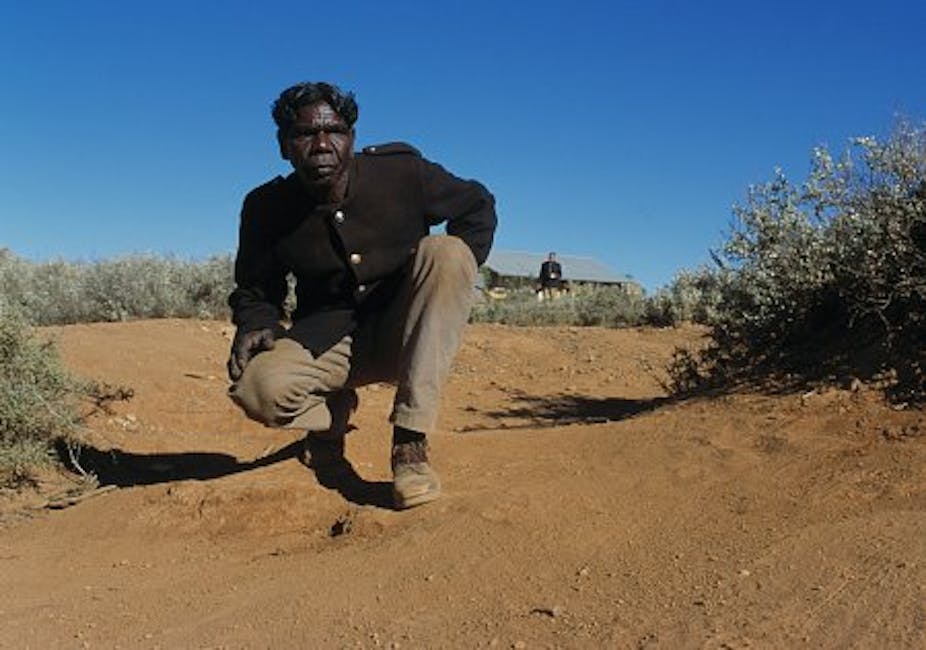Watching David Stratton’s loving recall of Australian films of the past 50 years over the past three weeks on the ABC, makes you realise how much impact they have had on us all. As one actor says, our films stop us from being mute. They give us a voice. They demonstrate the uniqueness of the Australian character, sensibility and humour.
They have documented cultural changes and the enormous challenges that this old/new country has faced. The films themselves stand alone as amazing and thrilling moments in our shared cultures. They have also provided a forum for public debates around Indigenous rights, new migrants, the rights of women and environmental issues.
Many individuals stand out in this extraordinary history. Actors and the extraordinary characters they created: David Gulpilil, Jackie Weaver, Hugo Weaving, Michael Caton, Judy Davis, Toni Collette and Eric Bana. Directors such as Rolf De Heer, Paul Cox, Phillip Noyce, Gillian Armstrong and Rachel Perkins. Writers such as Andrew Bovell and Jocelyn Moorhouse. And films such as The Castle, Newsfront, Picnic at Hanging Rock, Animal Kingdom, Muriel’s Wedding, The Tracker, Rabbit Proof Fence, Sunday Too Far Away and Samson and Delilah.
Stratton himself has made an amazing contribution with Margaret Pomeranz, commenting on and critiquing the work. This retrospective, interspersed with his own story, showed how his world was changed by his passion for film. As an English migrant coming to Australia, he discovered the wealth that his adopted country could provide.
It is wonderful that this biopic was funded by the Adelaide Film Festival and others to celebrate not just David’s contribution, but the incredible contribution of our filmic storytellers.
Yet over a five-year period, the Australian Government has cut funding for our major film funding agency Screen Australia by more than $51 million. Instead, it has given at least $70 million over the same period to American producers to enable American blockbusters to be made in Australia, as well as providing generous tax breaks.
These unremarkable films include Thor: Ragnarok, Alien: Covenant, Pirates of the Caribbean: Dead Men Tell No Tales and coming up, Aquaman. While this subsidy may provide temporary employment for technical crew members and other support people, (and Aquaman will star Nicole Kidman, alongside Amber Heard) it generally does not provide work for Australian filmmakers; be they writers, actors, editors, or directors.
Most importantly, diverting scarce film funding to Hollywood prevents an Australian film (or several Australian films given the size generally of their budgets) being made. As an example, the wonderful Last Cab to Darwin received less than a million dollars in government funding and nevertheless made $8 million at the box office.
It seems extraordinary that this argument should still need to be made. Why would governments not want to support Australian stories and Australian films?
As Stratton showed us, Australia produced the first feature film in the world made in 1906. It then took another 70 years for Australian films to be made in any quantity and that was because of the dominance of the Hollywood film industry.
Enlightened governments have provided subsidies to make Australian films from the 1970s. This is one reason why the Australian film industry has produced such a stellar number of great films since then.
It seems perverse that an Australian government is now giving money to Hollywood producers to make their films here and not continue to support the work of its own people. Why?

